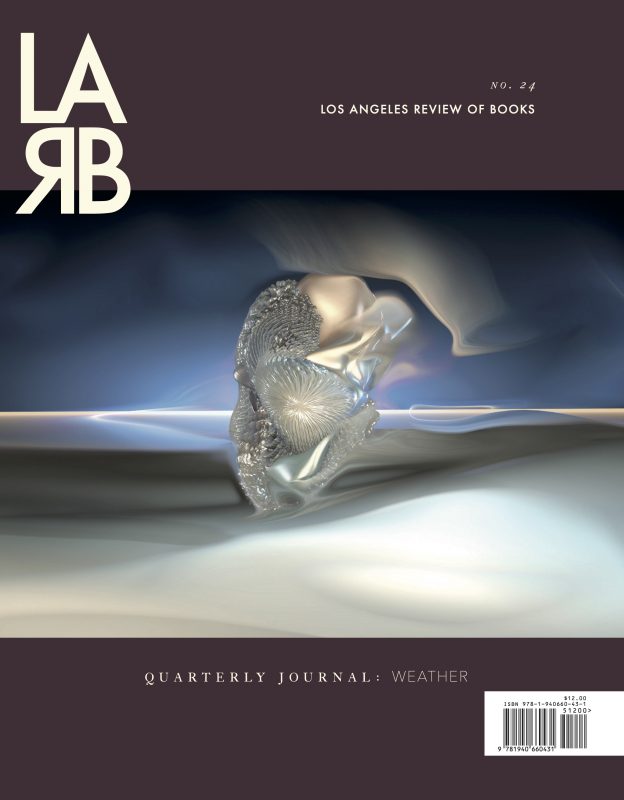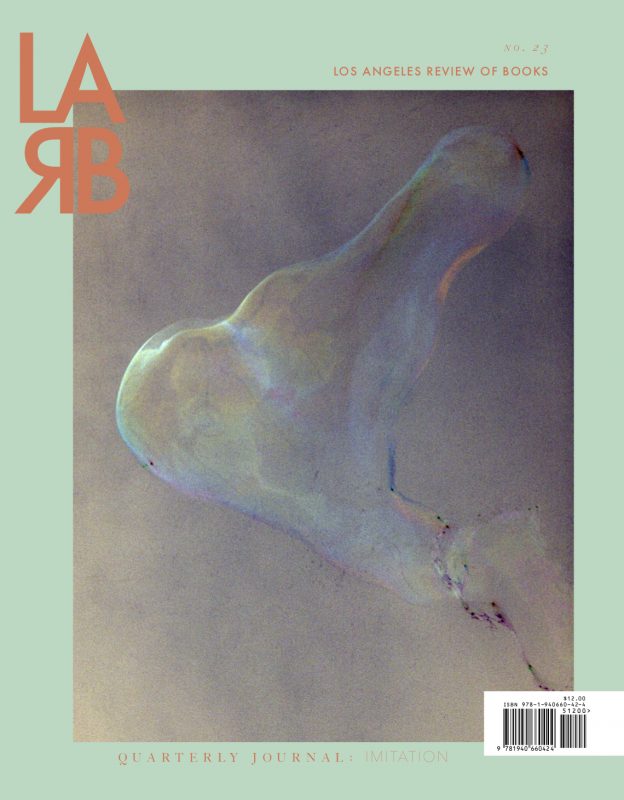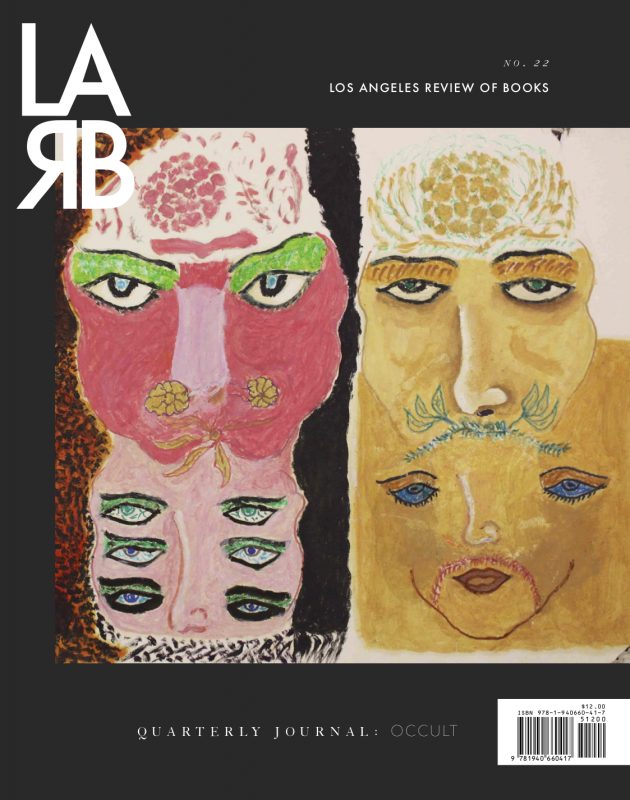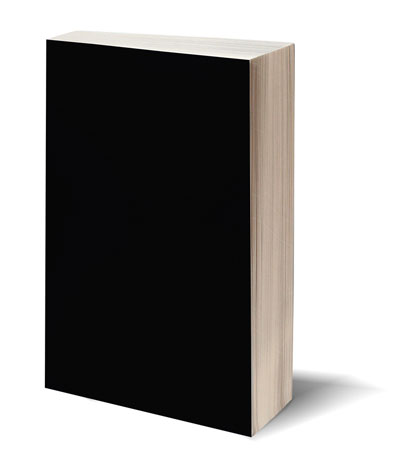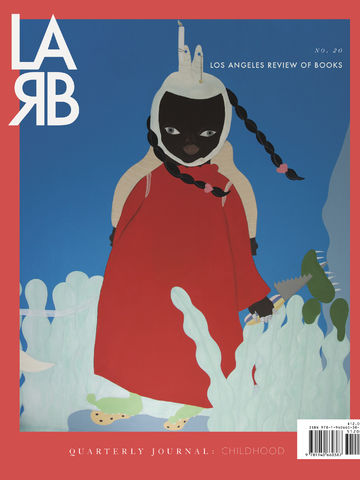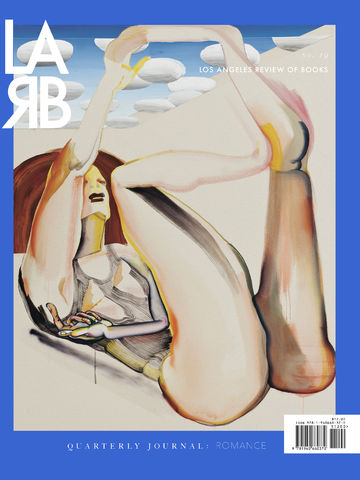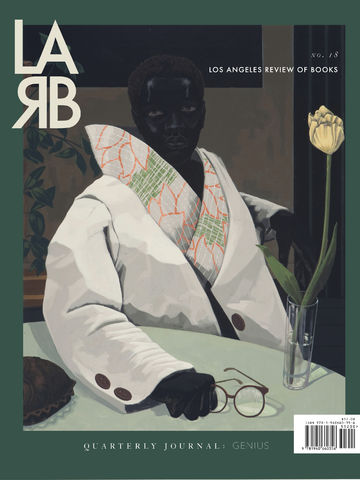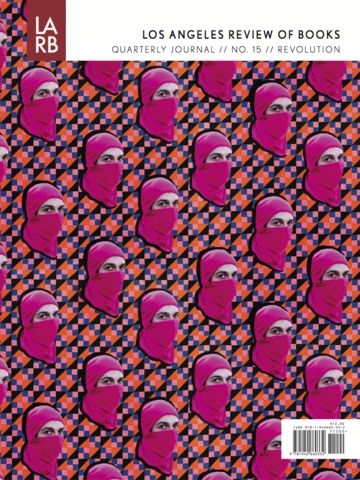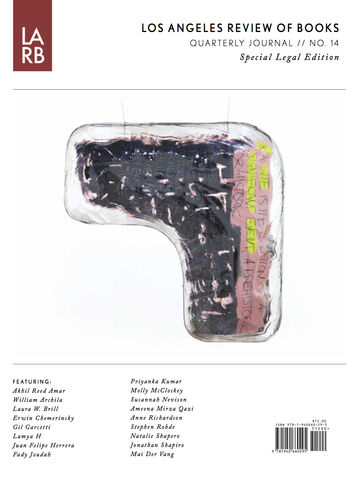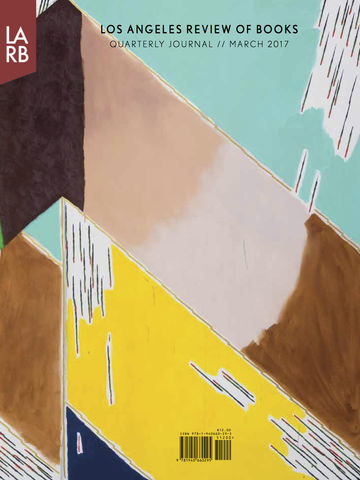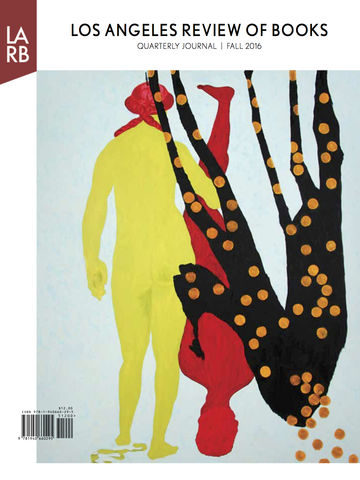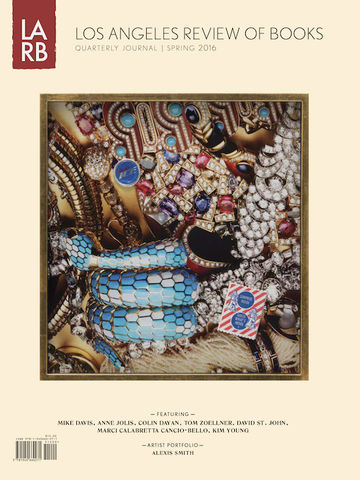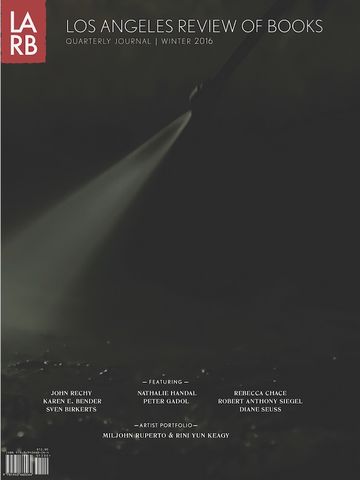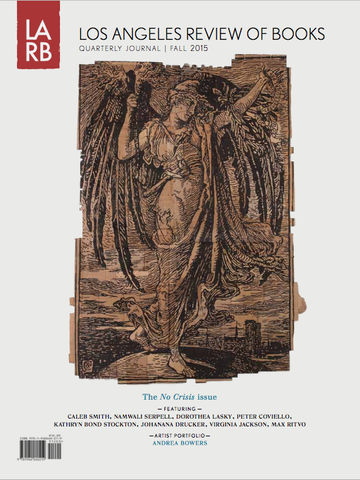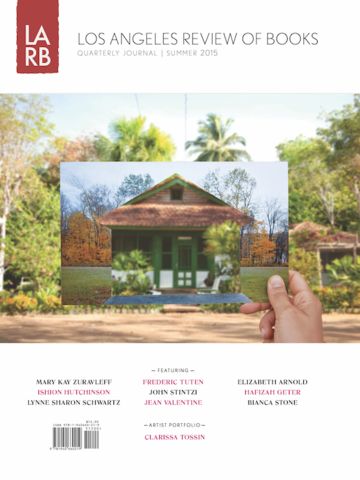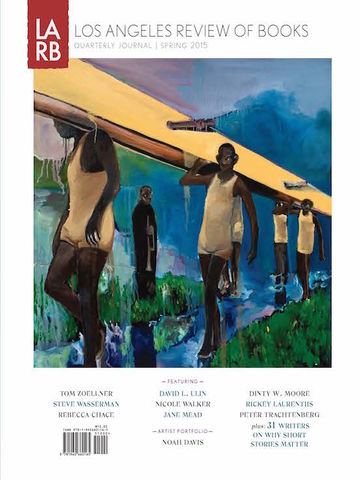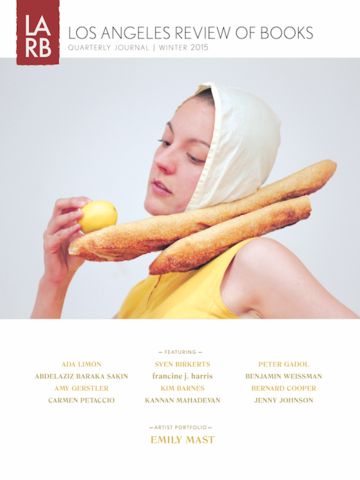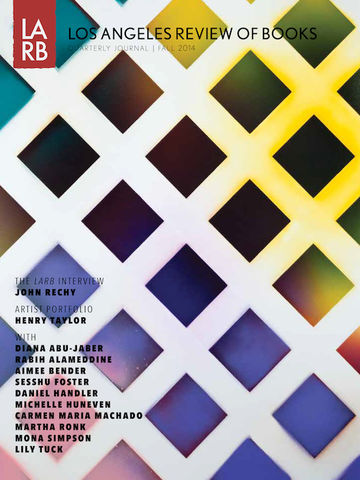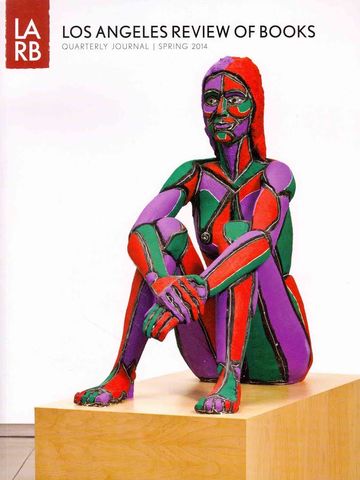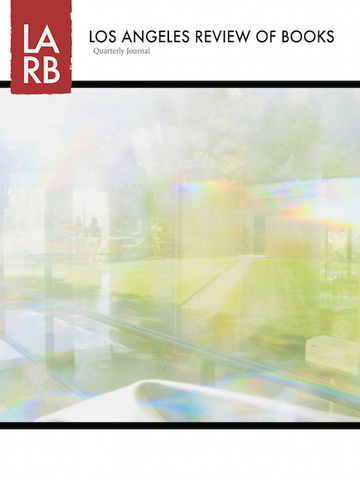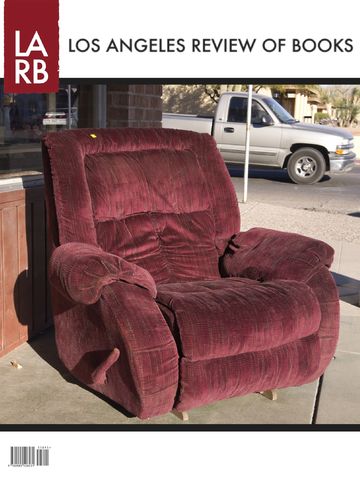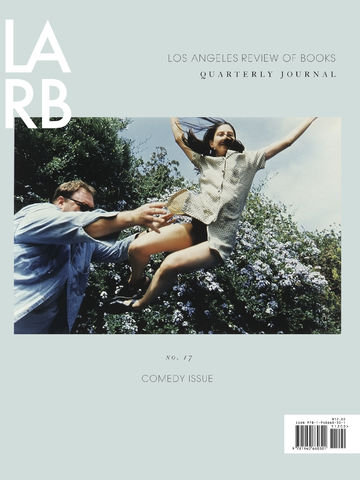
We went back and forth about whether this should be the “Comedy” or the “Humor” issue and eventually
Dear Reader,
We went back and forth about whether this should be the “Comedy” or the “Humor” issue and eventually, as you can see, landed on the former. Comedy, after all, has connotations that humor doesn’t have. It implies a certain professionalism — it can of course, be a job and a big job at that; it also has an implicit goal. Comedy is meant to be funny or entertaining. Comedy also evokes its opposite — tragedy — and, in that evocation, lets its audience hope for a happy ending. It goes beyond something as amorphous as a sense. A sense of humor is certainly a good thing to have, more people should consider acquiring one, but right now the concrete seems more interesting. If humor is tragedy plus time, then comedy is humor plus politics, plus current events, plus social and economic circumstances. Comedy is humor plus the business of the world.
Dear Reader,
We went back and forth about whether this should be the “Comedy” or the “Humor” issue and eventually, as you can see, landed on the former. Comedy, after all, has connotations that humor doesn’t have. It implies a certain professionalism — it can of course, be a job and a big job at that; it also has an implicit goal. Comedy is meant to be funny or entertaining. Comedy also evokes its opposite — tragedy — and, in that evocation, lets its audience hope for a happy ending. It goes beyond something as amorphous as a sense. A sense of humor is certainly a good thing to have, more people should consider acquiring one, but right now the concrete seems more interesting. If humor is tragedy plus time, then comedy is humor plus politics, plus current events, plus social and economic circumstances. Comedy is humor plus the business of the world.
The range of pieces in this issue of the Los Angeles Review Of Books Quarterly Journal demonstrates the diversity of implications in that word. Here, we’ve included many short, funny stories as well as two different critical takes on the current state of irony. Jonathan Ames considers his inappropriate love for his dog, Fezzik, while a number of comedians and comedy writers consider their own obsessions. You will also find pieces here that are not very funny. Comedy and tragedy go hand in hand, no sense in ignoring that. But don’t worry about those yet because this issue also has comics, which you won’t find in any other edition of the LARB Quarterly Journal. You should, as is the custom, flip through and read those first.
Yours,
Medaya
ESSAYS
THE FALL OF THE CINEMATIC MUSE // Ryan Perez
YET ANOTHER LOVE THAT DARE NOT SPEAK ITS NAME // Jonathan Ames
TOWARDS A HUMOR POSITIVE FEMINISM: LESSONS FROM THE SEX WARS // Danielle Bobker
THE MAGIC — FLOATING — MOUNTAIN // Karan Mahajan
DICK GREGORY…IRREGARDLESS // Peter J. Harris
I WOULD DIE TO PLAY HARVARD // Kristina Wong
IRONY AND THE NEW WHITE SUPREMACY // Sarah LaBrie
BINGESPEAK // Alexander Stern
FICTION
WELCOME TO MY STUNNING AIRBNB! // Mitra Jouhari
HOW I FINALLY LEARNED SELF LOVE IN A POST NUCLEAR WORLD // Broti Gupta
ARCHES AND LAND BRIDGES AND PILES OF ROCK // Lydia Conklin
JOKE BETWEEN SOLDIERS // Carmiel Banasky
DREAM HOUSE // Demi Adejuyigbe
THE PARTICULARS OF BEING JIM // Amy Silverberg
POETRY
TWO POEMS // E.J. Koh
TWO POEMS // Marc Vincenz
TWO POEMS // Mary-Alice Daniel
SCHRÖDINGER’S CAT // Megan Amram
TWO POEMS // Paige Lewis
TWO POEMS // Ruth Madievsky
THREE POEMS // Sharon Olds
TWO POEMS // Timothy Donnelly
OBSESSIONS
GET IN BED // Danielle Henderson
A GOOD FEEL // Amy Aniobi
HEARTTHROBS // Zan Romanoff
BREAKFAST // Fred Armisen
SHAKE SHACK // Kara Brown
QUIET CAR JUSTICE IN THE AGE OF TRUMP // David Litt
SHELFISHNESS // Todd Strauss-Schulson
COMICS // Lydia Conklin, Liana Finck, Charlie Hankin, and Jason Adam Katzenstein
FEATURED ARTISTS // Mel Bochner, John Divola, Martin Kersels, Ali Prosch, Amanda Ross-Ho, Cassidy Routh, Maureen Selwood, Stephanie Washburn



